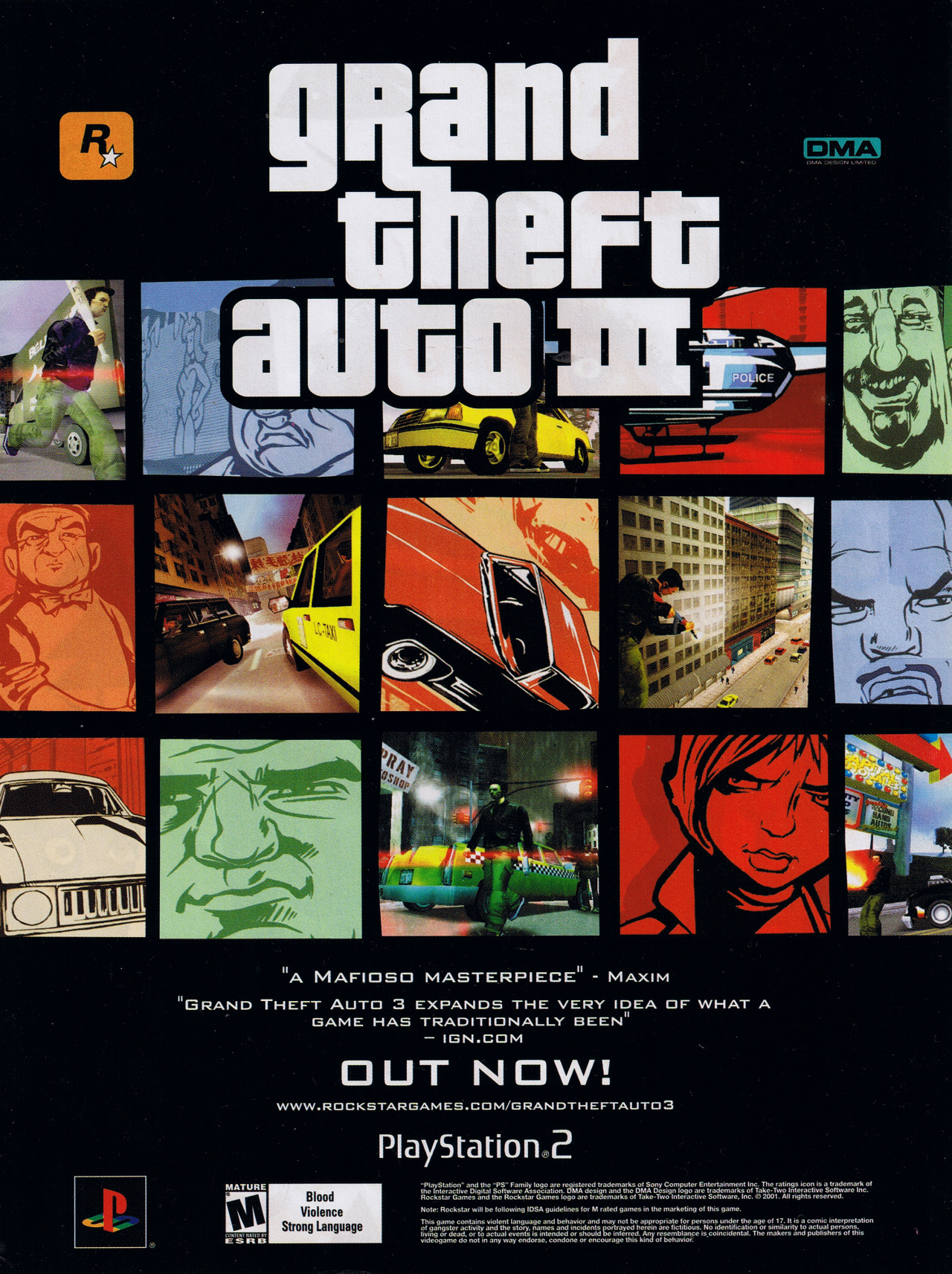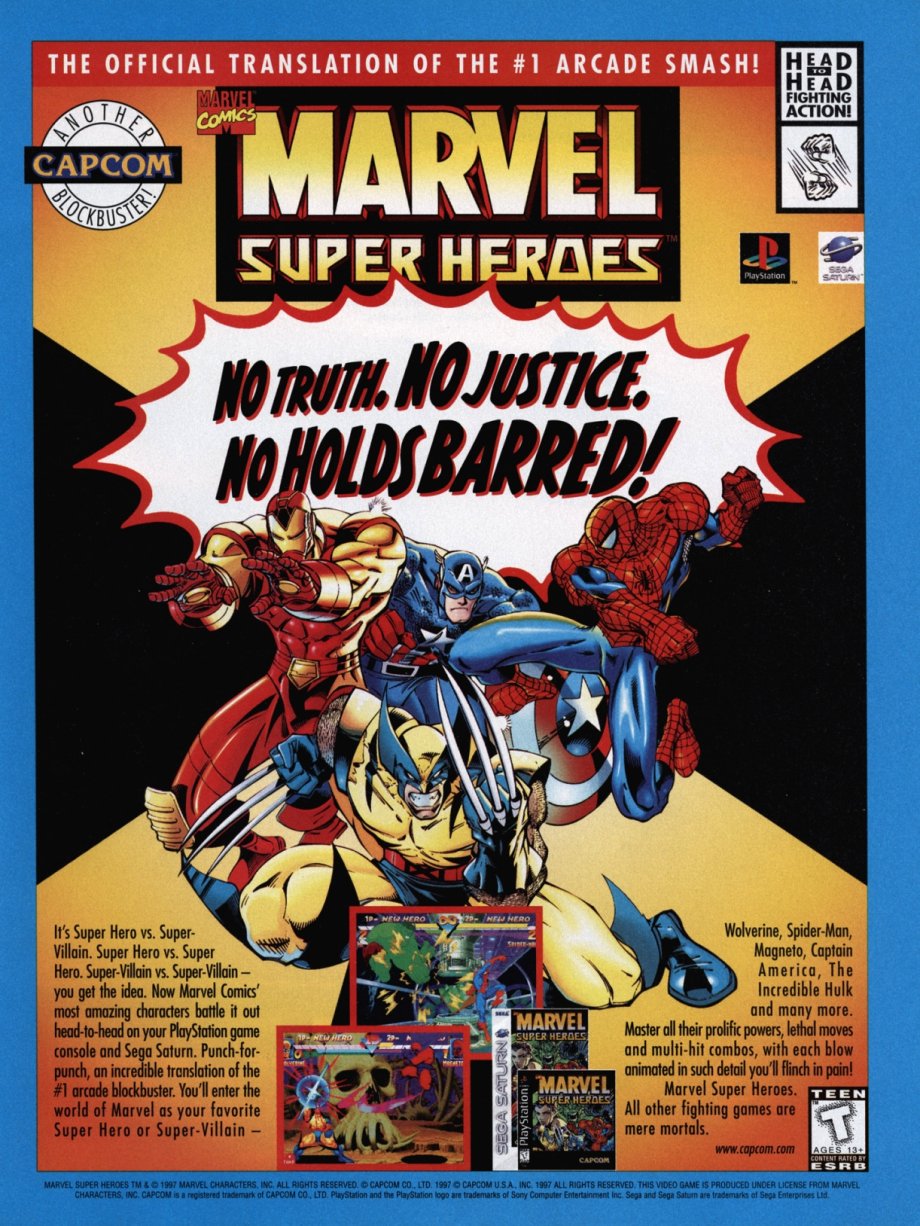- Time
- Space
- Theme
- Linear
- Sequential
Tztevan Todorov 3 part structure:
- Equilibrium
- Disruption
- New equilibrium
Exposition/ Climax/ Denouement
Vladimir propp– set characters
- Hero
- Villain
- Victim
Tztevan Todorov 3 part structure:
Exposition/ Climax/ Denouement
Vladimir propp– set characters









War of The Worlds was a book originally published by H.G Wells in 1898. The War of the Worlds is an episode of the American radio drama anthology series The Mercury Theatre on the Air, directed and narrated by Orson Welles, between both WW1 and WW2 The 30’s was a decade of uncertainty and unfortunate events as people were still recovering from WW1, the Great Depression and Wall Street’s crash. However, this was a good time for some leaders such as Hitler as his party was gaining popularity and strengthening their overall force, as well as its’ persecution of Jewish people who the Nazis opposed, this caused an anticipantion of a second world war bringing with it an air of uncertainty and negativity. The 1930’s to the 1940’s was also considered the ‘Golden Age’ of radio and radio was the most used media platform in households across the world.
The War Of The Worlds broadcast was broadcasted in America by CBS radio and was part of The Mercury Theatre on the Air series, almost 80% of households in America owned a radio at this time. The broadcast is an early example of a hybrid as it mixes conventions from H.G Wells’ science-fiction story together with a News / Documentary type broadcast. There was a drama performance of war of the worlds which was set out to sound like modern day live broadcast. They did this by coppying live broaadcasts by having one announcement at the beginning of the broadcast to warn listeners that it was a play and not a real news broadcast it also only had no breaks to make it flow like a live broadcast. The War of the Worlds broadcast is also considered an early form of ‘fake news’ as it supposedly had some members of the American public believe that there had been an alien invasion on earth.
Welles used simulated on-the-scene radio reports about aliens advancing on New York City linking to the story. Repetition of this technique throughout the performance links to Stuart Hall’s Cultivation Theory where over time a story becomes more believable.
The broadcast presented manufacturing consent which links with Noam Chomsky’s ideas. Therefore, this creates a presence on how the media dominates and is dominated by power. By exposing how people react with panic if the “news” provides the audience with information about the significance of an event, Orson Welles exposed how the media can spread misinformation i.e. ‘Fake News’. The War of the Worlds broadcast is also considered an early form of ‘fake news’ as it supposedly had some members of the American public believe that there had been an alien invasion on earth.
The War Of The Worlds is a historically significant media product as it was an early idea of how the media can persuade and affect peoples thoughts and views on the world around them and can influence a person’s thoughts and feelings towards a specific thing whether it be political or an opinion on a book. This still happens today where the media affects and influences peoples ideas and opinions on different subjects.
‘a neutral zone where access to relevant information affecting the public good is widely available’
‘the development of early modern capitalism brought into being an autonomous arena of public debate’
‘the primary democratic role of the media is to act as a public watchdog overseeing the state’
Agenda setting- the media set the agenda by influencing viewers.
Framing- The media frames the agenda by including colours pictures etc in their magazines to present to the audience.
Myth making- Myths are supported by fake news